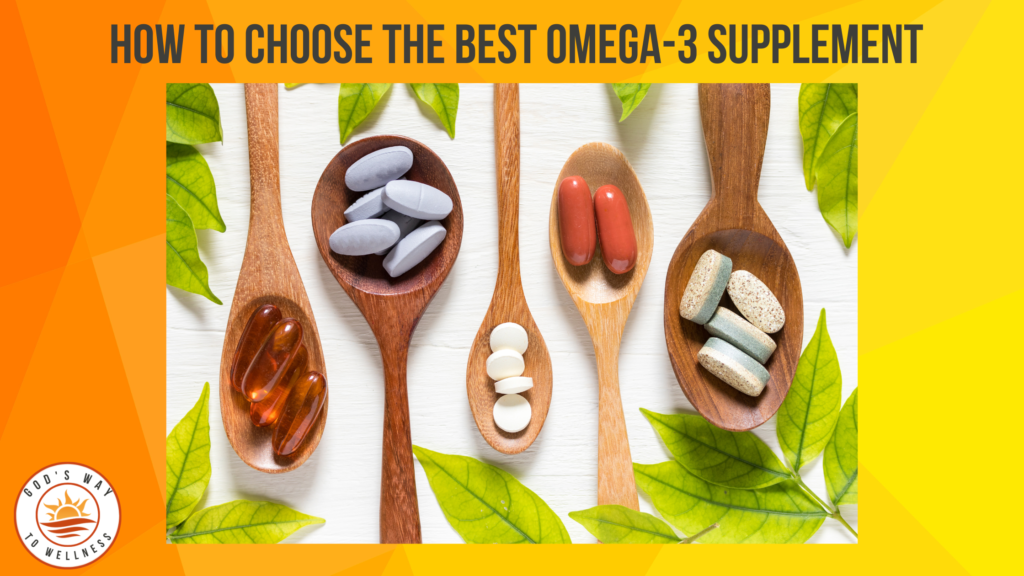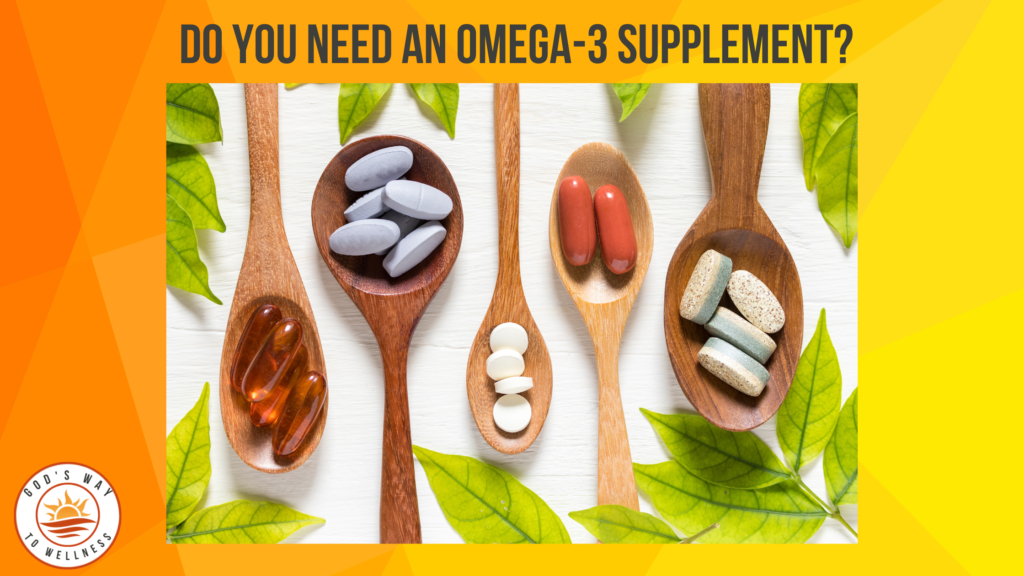Do you like to eat leftovers? No food ever went to waste in our house while I was growing up. My mom pulled the containers of leftovers from the refrigerator and my dad ate whatever was in them, even if it did not look good to the rest of us.
Imagine 100 trillion single-celled organisms equaling three pounds of your body weight living in your intestines. And they love leftovers! In fact, they subsist on the undigested food traveling through your large intestine, often called the gut.
Why is our gut health important? It turns out these trillions of microorganisms determine whether we are healthy or sick.
What is the gut microbiome?
There are over 1000 species of microorganisms found in our gut, though each person may only have 150-170 different species. Called the gut microbiome, or microbiota, the composition of these organisms is like your fingerprint; no one else has the exact copy of yours.
Diversity of the gut microbiome is just as important as the actual number of bacteria. The more diverse your microbiome is, the healthier you are.
An infant receives their gut microbiome from the mother during gestation, the birth process (especially vaginal delivery), breast milk, and introduction of solid food. The composition is well established by the age of 3. 1
Our diet, age, lifestyle, geographical location, medications (especially antibiotics), exposure to industrial chemicals, pollutants, and heavy metals all affect the make-up and diversity of our gut microbiome.
Why is gut health important?
DNA sequencing and computer-based analysis propels the explosion of scientific study of the gut over the past decade. Current research shows the importance of the gut microbiome in health and disease.
The bacteria in our gut produce short-chain fatty acids (SFCAs) from the indigestible fiber in our food. SFCAs such as propionate, butyrate, and acetate have many functions in the body. 2 For example:
- Reduce inflammation
- Improve glucose and lipid metabolism
- Improve immunity
- Reduce stress and anxiety
- Lower cholesterol
- Improve digestive health
There is a delicate balance between good bacteria producing SCFAs and bad bacteria producing toxic substances such as hydrogen sulfide. An imbalance, called dysbiosis, may cause disease.
Some conditions associated with dysbiosis of the gut microbiome (not an exhaustive list) 3
- Alzheimer’s Disease
- Asthma
- Atherosclerosis
- Autism
- Cancer (breast, colorectal, esophageal, gallbladder, pancreatic, stomach)
- Depression
- Diabetes
- Heart failure
- Metabolic syndrome
- Multiple sclerosis
- Obesity
- Rheumatoid arthritis
- Insomnia
How do we improve our gut health?
Ponder this—our gut bacteria eat what we eat. So, the better our diet is, then all those good bacteria eat well too.
- Eat a whole foods diet, and limit processed foods. Eat a variety of vegetables, fruits, nuts, seeds, and whole grains.
- Include prebiotics—high fiber carbohydrates that are food for the good bacteria
- Include probiotics—living organisms in food which supply new bacteria
- Avoid artificial sweeteners. Studies show a decrease in beneficial bacteria species and subsequent dysbiosis in mice fed saccharine, sucralose, or aspartame. 4
- Avoid unnecessary antibiotics. They kill the good bacteria along with the disease-causing ones. This upsets the delicate balance in the gut. Antibiotics are often necessary, of course, but avoid them if possible.

Conclusion
The next time you eat a meal, think about the bacteria in your gut waiting for your leftovers. Take care of your gut bacteria and they will take care of you.
There is an abundance of information on this subject. Therefore, I summarized pertinent material about the gut microbiome and why gut health is important to you. If you are interested in learning more, check out the resources below.
Resources
- How common medications impact the gut microbiome: https://www.medicalnewstoday.com/articles/326766#18-common-drugs-impact-the-gut
- Here is a straightforward article: https://drjockers.com/top-33-prebiotic-foods/
- Interesting research on COVID-19 and gut microbiome: https://www.bluezones.com/2021/02/a-healthy-gut-microbiome-could-help-prevent-severe-covid-19/
References
- LI, W. W. (2019). Eat to beat disease: The new science of how your body can heal itself. In EAT TO BEAT DISEASE: The new science of how your body can heal itself (pp. 43). S.l., NY: GRAND CENTRAL PUB.
- LI, W. W. (2019). Eat to beat disease: The new science of how your body can heal itself. In EAT TO BEAT DISEASE: The new science of how your body can heal itself (pp. 41-42). S.l., NY: GRAND CENTRAL PUB.
- LI, W. W. (2019). Eat to beat disease: The new science of how your body can heal itself. In EAT TO BEAT DISEASE: The new science of how your body can heal itself (pp. 52). S.l., NY: GRAND CENTRAL PUB.
- LI, W. W. (2019). Eat to beat disease: The new science of how your body can heal itself. In EAT TO BEAT DISEASE: The new science of how your body can heal itself (pp. 185). S.l., NY: GRAND CENTRAL PUB.
Disclaimer
Any information on this Website is provided for educational purposes only and is not intended as a substitute for the advice provided by a healthcare professional. You should not use the information on this Website for diagnosing or treating a health problem or disease or prescribing any medication or other treatment. You should always speak with a healthcare professional before taking any medication or nutritional, herbal or homeopathic supplement, or adopting any treatment for a health problem. If you have or suspect that you have a medical problem, promptly contact a healthcare professional.




Great information Susan. I really didn’t know difference between prebiotic & probiotic. I enjoyed learning.
I am glad it was informative, Kim. I also did not know the difference between prebiotics and probiotics. Now I know why fiber is so important in our diet.
I really liked the charts since I am a visual learner. The information was easy to read and very informative. Thank you!
Thank you, Darla! I appreciate your support.